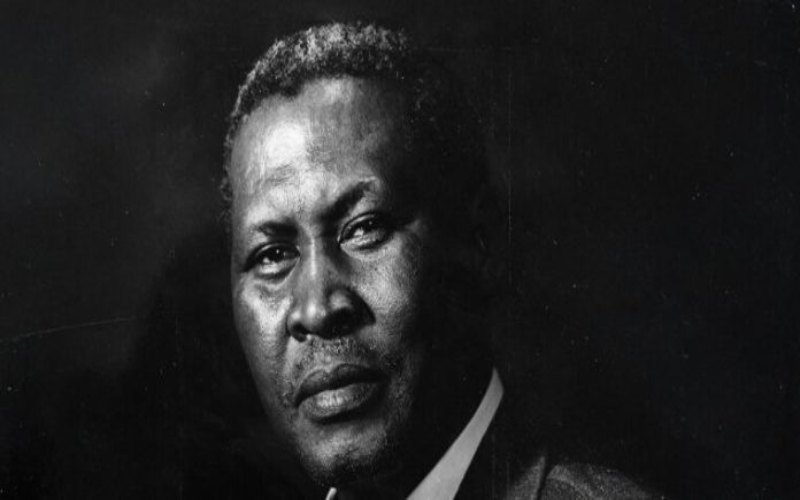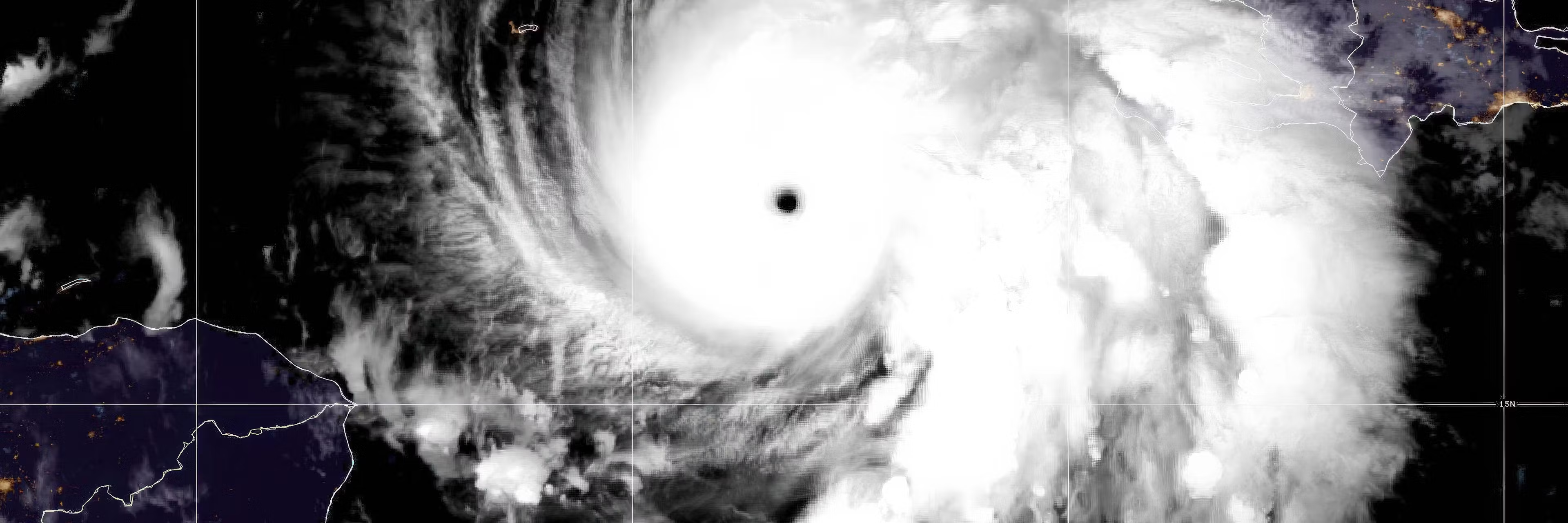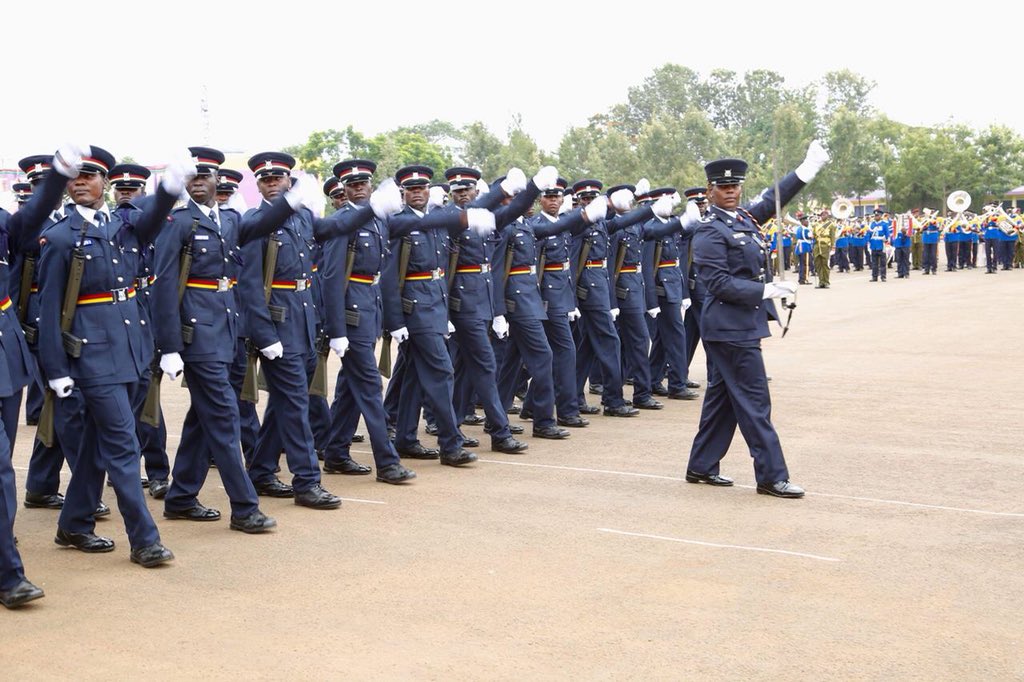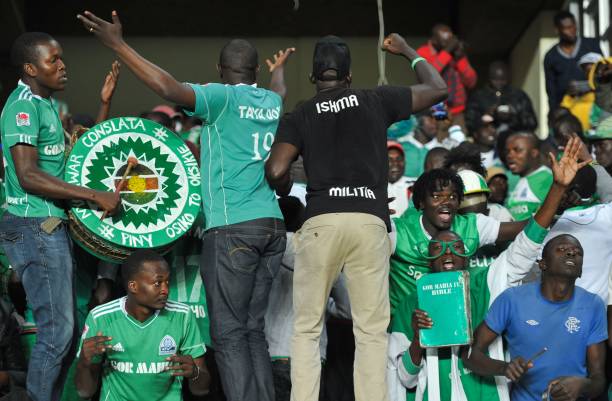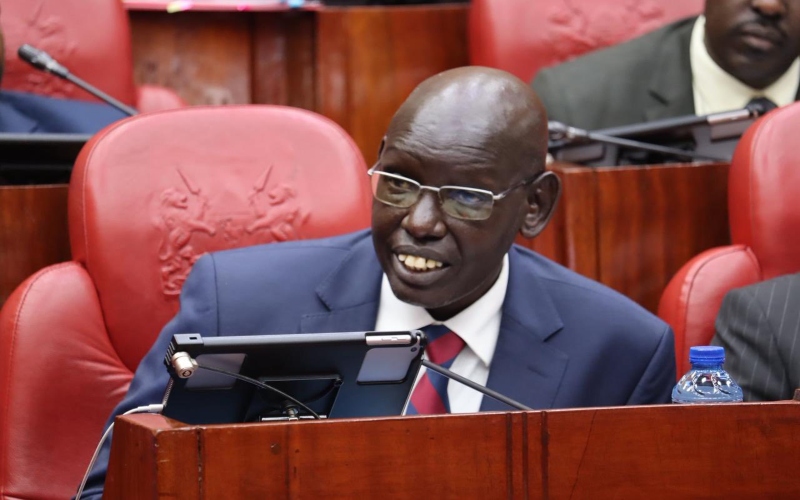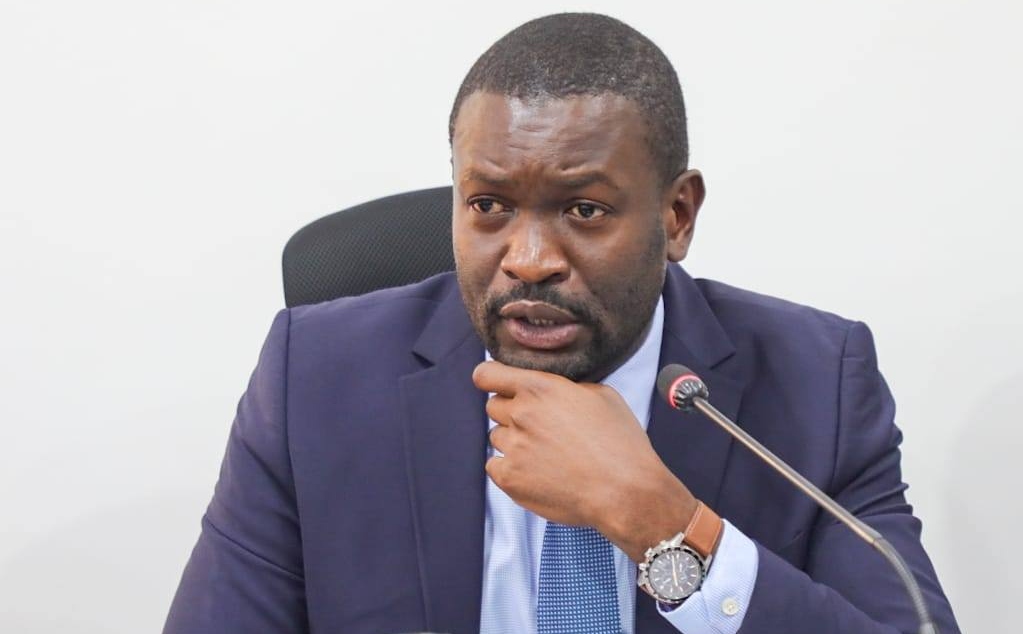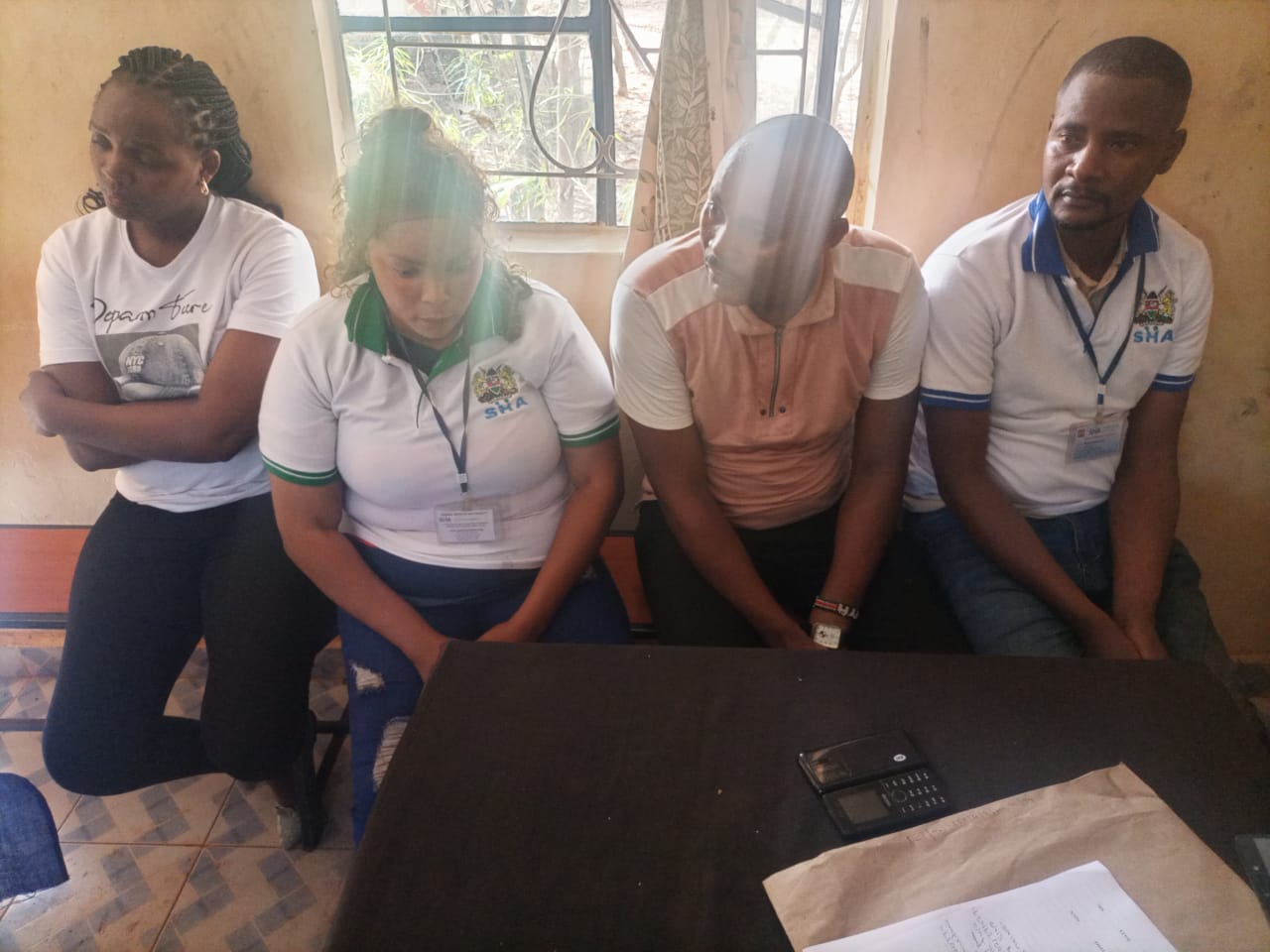Hamas accepts UN ceasefire resolution, ready to negotiate over details, official says
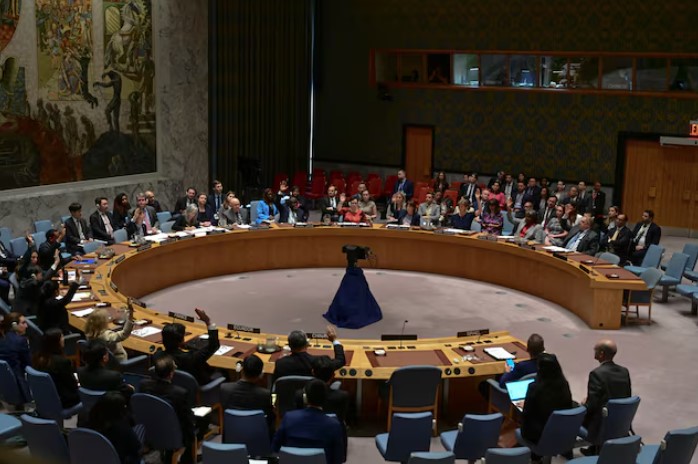
The document also calls for the return of Palestinians to their homes and neighbourhoods, and for housing units to be delivered by the international community.
Hamas accepts a UN Security Council ceasefire resolution and is ready to negotiate over the details, senior Hamas official Sami Abu Zuhri told Reuters on Tuesday, adding that it was up to Washington to ensure that Israel abides by it.
Hamas accepts the UN Security Council resolution in regard to the ceasefire, withdrawal of Israeli troops and swap of hostages for detainees held by Israel, he said.
More To Read
- Gaza: 91 Palestinians killed in Israeli airstrikes as truce falters
- UN warns Gaza’s displaced face freezing nights and food shortages
- 15,000 in Gaza await urgent medical evacuation amid fragile ceasefire
- Israeli strikes kill nine in Gaza as ceasefire faces major test
- Gaza intensifies efforts to clear rubble, reopen roads amid severe shortage of fuel
- What role for Arab powers in shaping postwar Gaza?
"The US administration is facing a real test to carry out its commitments in compelling the occupation to immediately end the war in an implementation of the UN Security Council resolution," Abu Zuhri said.
What is new about this latest resolution?
First, this most recent resolution, which was drafted by the United States and supported by a vote of 14-0 (with Russia abstaining), has much more specific terms. For example, it lays out a three-stage approach to achieving a “permanent end to hostilities”.
In this first stage, all fighting will stop and some of the remaining hostages will be returned in exchange for Palestinian prisoners. And if the negotiations take longer than six weeks, the ceasefire will continue.
The document also calls for the return of Palestinians to their homes and neighbourhoods, and for housing units to be delivered by the international community.
This staged approach and inclusion of housing units is new, perhaps with the realisation that over half of Gaza’s buildings have been destroyed and more than 80% of the population has been displaced, often multiple times.
The resolution is also explicitly linked to the ongoing negotiations being carried out by Qatar, with the help of Egypt and the US, to achieve a ceasefire.
This is a positive given Qatar successfully negotiated the only temporary pause in the fighting for seven days in November. This resulted in the release of around 100 hostages, in exchange for 240 Palestinian prisoners.
This current resolution also specifically rejects any territorial or demographic changes to the Gaza Strip, which is a welcome addition given that many fear the re-occupation of Gaza by Israel.
Since the beginning of the war, the multiple resolutions passed by the UN Security Council and General Assembly have not led to any real action.
Hamas has previously signalled it is willing to accept the terms of a similar ceasefire negotiated by Qatar. The militant group is also now saying it will abide by the terms of the new UN resolution “that are consistent with the demands of our people and resistance”.
Despite the fact the current resolution specifically mentions Israel has “accepted” its terms, there has been no sign that Israel will, in fact, abide by its obligations under international law.
Israeli Prime Minister Benjamin Netanyahu has reportedly been sceptical about the plan, with his office saying any permanent ceasefire before the “destruction of Hamas military and governing capabilities” is achieved is a “non-starter”.
Better chance
Arguably, some of the more specific and detailed terms of this resolution give it a better chance of success than previous UN resolutions.
This is because if parties to a ceasefire have invested time into negotiating and have agreed to specific terms, they know what needs to happen, when and how. There is also a greater likelihood the two sides will abide by the terms because this level of specificity ensures some level of accountability from outside observers and the international community.
Interestingly, the resolution also specifically rejects “any attempt at demographic or territorial change”. However, it omits wording from a previous draft that had included mention of a “buffer zone” Israel is currently building along the border inside Gaza.
And despite the welcome addition of more specific chronological phases in this resolution, the text has some of the same vagueness as previous resolutions, particularly around what exactly will happen in phases two and three.
Phase two seems to link the continuation of the ceasefire with the negotiations being led by Qatar. But, as we have already seen during the war, negotiations can easily be abandoned or dismissed by one or both sides of a conflict.
Likewise, phase three offers the chance for a “multi-year reconstruction plan for Gaza”, but offers no practical detail on how this would be accomplished.
Top Stories Today
